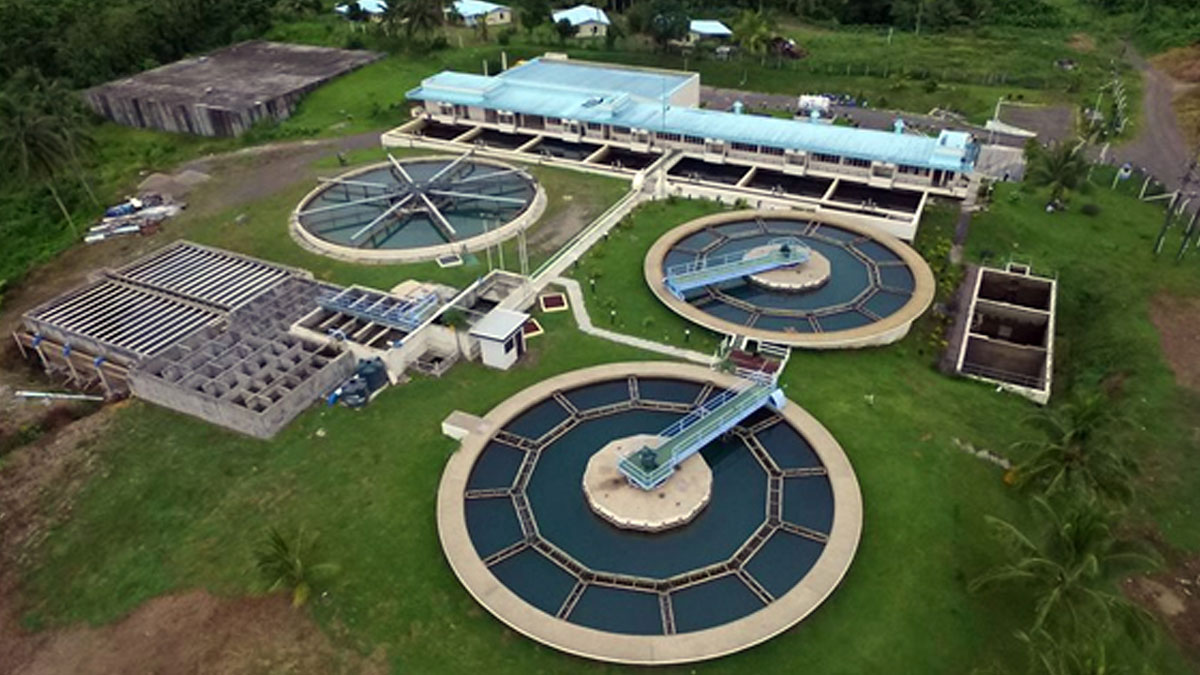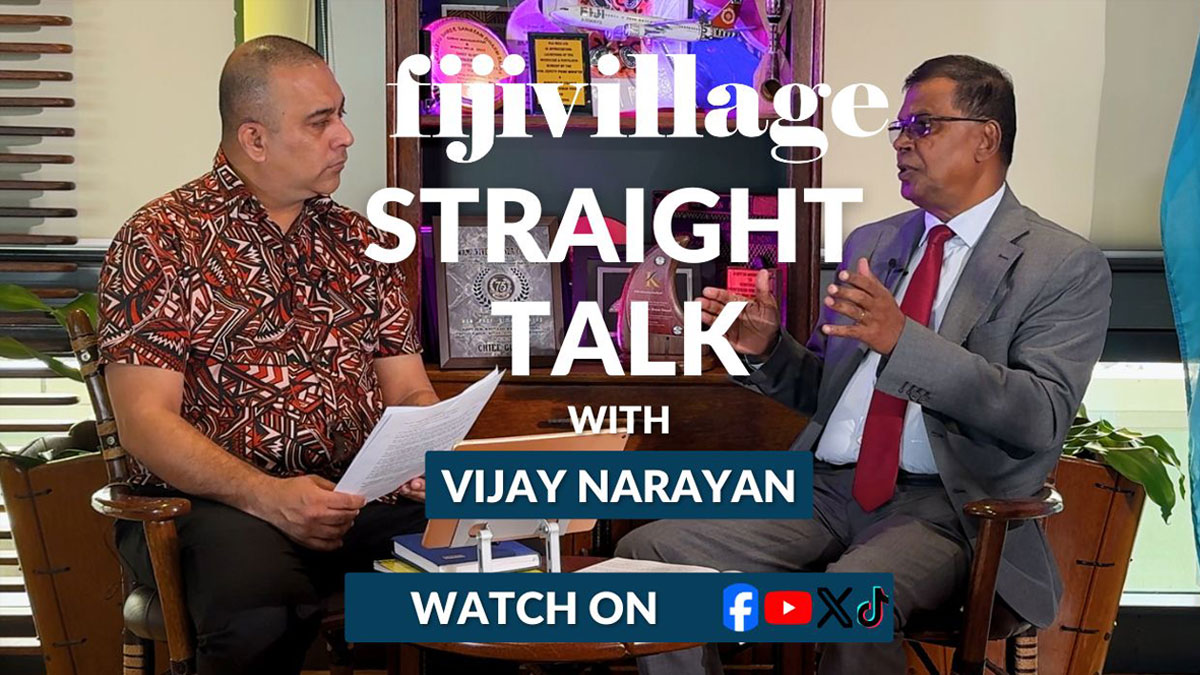
As the Government intends to take steps over the next six months towards the corporatisation of the Water Authority of Fiji, Deputy Prime Minister and Minister for Finance, Professor Biman Prasad says if the question of tariff and other things arise, then the FCCC will look at it and determine what is the right tariff.
He says WAF is already deemed to be a so-called “commercial statutory authority” but its operations are anything but commercial.
Professor Prasad says WAF which has been provided a total budget of $259.4 million in the 2024-2025 National Budget, receives about one-tenth of the income it needs to operate and invest sustainably.
He says this is because, for years, and mostly for political reasons, previous Governments have refused to confront reality.
Professor Prasad says WAF’s poor funding model means that it is wholly dependent on the Government for the money it needs and Government can only give to WAF whatever it can afford from year to year.
He says for much of the last 10 years WAF has been dependent on Government grants which are only made known to it every six months.
The Deputy Prime Minister says this makes it impossible to plan large expenditure or to borrow money for investment, except through the Government with the support of bilateral funders such as the Asian Development Bank and the European Investment Bank.
He says these loans and project funding can take a long time to organise, so WAF does not have a business model that would enable it to plan and build autonomously, even though it is supposed to be commercially independent and under the control of its own board.
While responding to questions by fijivillage News, Professor Prasad says corporatisation would require looking at every aspect of the organisation.
Meanwhile, WAF CEO Dr Amit Chanan had earlier said that WAF is considering full corporatisation and increasing water tariffs to make it more viable and to reflect the true cost of service provision.
While speaking on fijivillage Straight Talk With Vijay Narayan, Dr Amit Chanan had said many private sector and multi-lateral development partners are willing to help but they are asking that they need to finish the corporatisation process and serious conversations about the tariff.
When asked about the issue of the increasing cost of living situation, Dr Chanan said people pay 15 cents for 1,000 litres of water, which is the cheapest in the Pacific.
He had said that in terms of affordability, there is a scheme already in place where households earning less than $30,000 get free water and they are not saying at all to change that and they want to preserve it in any future arrangements.
Click here for more Budget 2024-2025 stories
Stay tuned for the latest news on our radio stations

